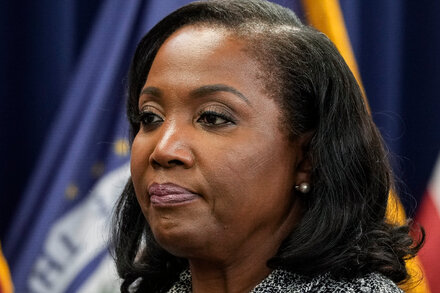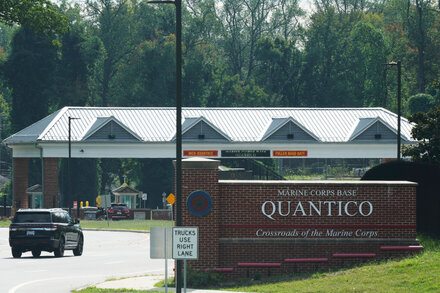While the Federal Reserve recently secured a legal victory affirming its operational autonomy, analysts caution that the broader threat to its crucial independence persists amid ongoing political pressures.

The Federal Reserve has secured a temporary legal victory in its ongoing efforts to safeguard its independence, fending off a challenge that sought to scrutinize its decision-making processes more directly. While the ruling has been hailed by supporters as a critical affirmation of the central bank’s operational autonomy, analysts caution that the broader threat to its non-partisan standing persists.
The specific legal challenge, which concluded this week, sought to broaden the scope of external review into the Fed’s monetary policy deliberations, an area traditionally protected to allow the institution to make decisions free from short-term political pressures. The court’s decision largely upheld the Fed’s existing statutory framework, affirming its authority to conduct monetary policy without direct interference from other branches of government.
For decades, the Federal Reserve’s independence has been considered a cornerstone of sound economic management, enabling it to pursue its dual mandate of maximum employment and price stability based on economic data, rather than political cycles. This insulation is crucial for maintaining credibility in financial markets and ensuring long-term stability.
“This decision is a vital reinforcement of the structural protections that allow the Federal Reserve to fulfill its mandate effectively,” stated a spokesperson for the central bank following the ruling. “Our ability to act decisively and independently is paramount for the health and stability of the U U.S. economy.”
Ongoing Vulnerabilities and Political Pressures
Despite this legal win, experts warn that the Fed’s independence is not definitively secured. The institution continues to face pressure from various political factions, often manifesting as calls for increased oversight, changes to its governance structure, or public criticism aimed at influencing its policy decisions, particularly on interest rates.
The current political climate, characterized by heightened partisanship and significant economic challenges, has amplified scrutiny of the Fed. Critics argue for greater accountability, suggesting that the central bank wields too much power without sufficient democratic oversight. These arguments often resurface during periods of economic uncertainty or high inflation.
“While this legal victory provides a moment of respite, the underlying political pressures on the Federal Reserve remain,” commented Dr. Eleanor Vance, an economic policy analyst. “The concept of independence is constantly tested, not just in courtrooms, but in legislative debates and public discourse. Future administrations or congressional majorities could still pursue legislative avenues to alter the Fed’s structure or mandate, posing a continuous threat to its autonomy.”
The Fed’s unique structure, featuring terms for its governors that span multiple presidential administrations and funding independent of the congressional appropriations process, was designed to foster this independence. However, these very mechanisms are often the target of proposed reforms by those seeking greater political control.
The recent legal affirmation serves as a reminder of the existing safeguards, but the broader debate over the Fed’s role and its accountability in a democratic system is far from over. Maintaining public understanding and support for the principles of central bank independence will likely be crucial in navigating future challenges.
Source: Read the original article here.





